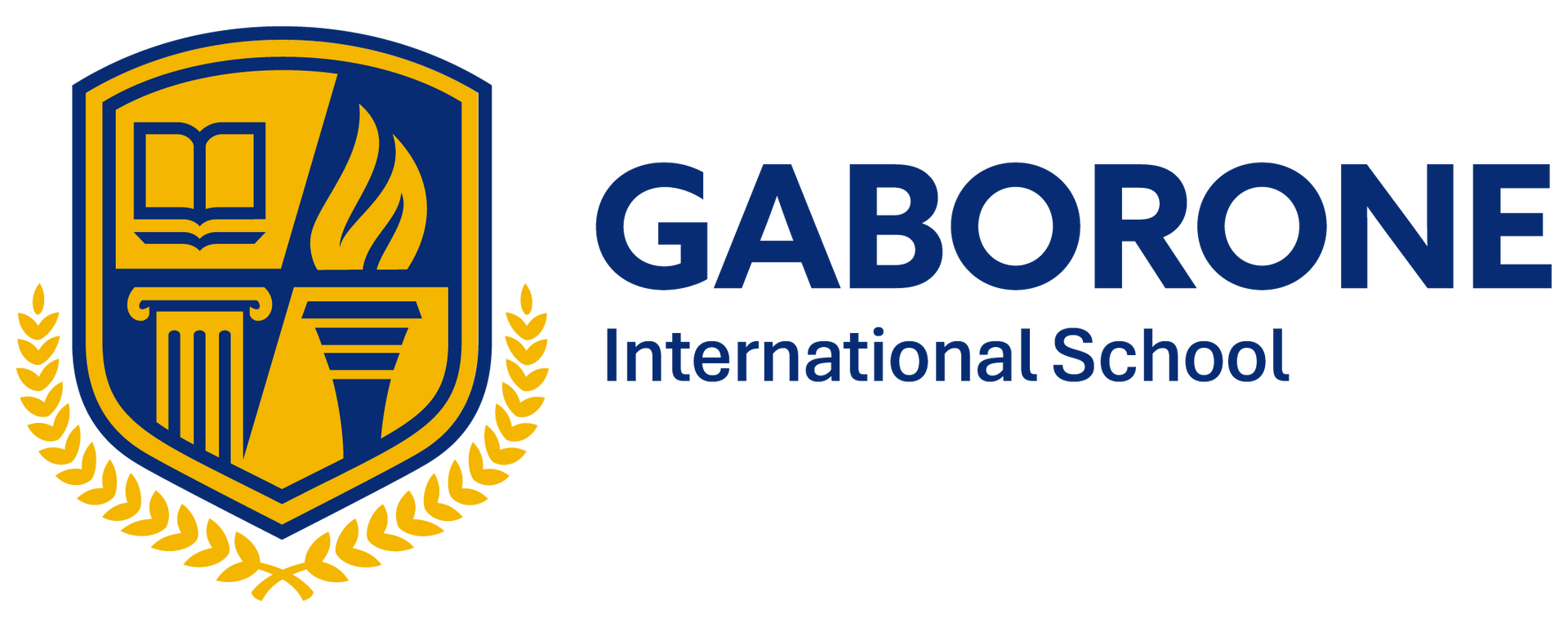Bullying
Signs that your child is being bullied or is the bully (in school or online)
Bullying is when someone acts aggressively and out of character towards a peer. The offences are normally repeated and could cause serious harm to the bullied and the bully, if left unresolved. In a school setting, students of all grades can bully or be bullied by fellow students.
Any student can become a target regardless of age, grade, gender, race, religion and socio-economic status. Bullying in schools can take place during or after school hours and anywhere in the school premises. Educators in schools need to be vigilant to pick up signs of bullying, as bullying can take place in the classroom, school hall, at the tuck shop, playgrounds, toilets and on the bus.
There are four main ways in which bullying takes place:
- Physical bullying: This involves an unwanted direct contact between the bully and the one being bullied such as hitting, kicking, fighting, spitting, pushing, pinching, tripping, damaging someone’s school bag etc.
- Cyberbullying: This is an aggressive behavior that takes place online (on the internet, social media) during which individuals hurt classmates who cannot easily defend themselves by using cellphones or computers. They use text messages, e-mails, online social networks, chatrooms, Twitter, Instagram or blogs to tarnish the image of another person.
- Verbal bullying: This is the type of bullying that is done through speaking and spreading negative information about someone e.g. teasing, name-calling, taunting, tormenting, threatening to cause harm, harassing, commenting negatively on someone’s looks, clothes, body, use of offensive language, etc.
- Emotional bullying: This is the form of bullying that causes damage to a victim’s emotional well-being e.g. ignoring a classmate on purpose, provoking other students, spreading malicious rumors about a classmate, getting other students to ‘gang up’ on others, etc.
At Gaborone International School, we believe it is important for parents and educators to work together to identify whether a learner is being bullied or is a bully. The lists below are not exhaustive.
Signs that your child is being bullied
- grades declining,
- sudden loss of friends,
- loss of interest in schoolwork,
- changes in eating habits,
- frequent nightmares,
- frequent headaches or stomach aches,
- faking illness,
- feeling helpless, not wanting to go to school,
- talking about suicide, etc.
- Signs that your child may be a bully
- increasingly being aggressive,
- having friends who bully others,
- doesn’t accept responsibility for one’s actions,
- blames others for one’s problems,
- frequently sent to the principal’s office etc.
Educating children about bullying and its impact on others is of utmost importance for learners to thrive in a safe environment. It is therefore important that the issue of bullying be discussed by parents at home and educators make a concerted effort to curb its prevalence in schools. It is also important for both school and parents to educate learners on responsible usage of mobile phones and the internet.
Where there is suspicion of bullying taking place, it is important for parents to alert the school and educators also to seek an audience with parents whose children may be involved.
Learners should be encouraged to report cases of bullying.
To read more insightful blogs from our teachers and educational experts, click here.
To find out more about Gaborone International School and the work we do, click here.
Feel free to call or email one of our correspondents.




